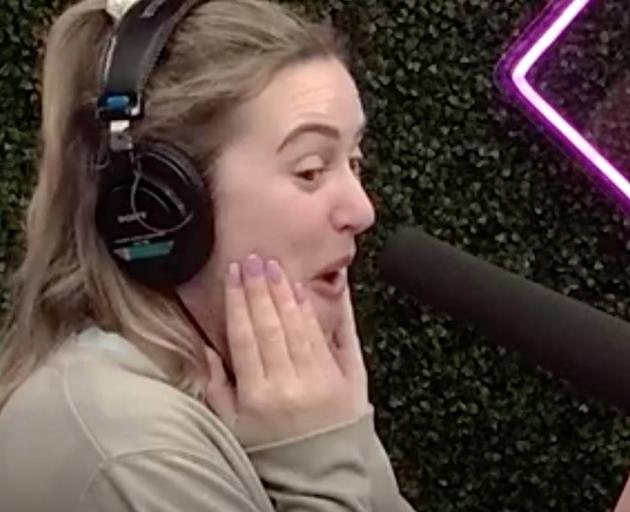
The MediaWorks-owned radio station is promoting the competition with the clever tagline "get vaxed, get waxed and get ready to relax". The prize up for grabs includes return flights and five nights' accommodation in sunny Raro for the lucky winner. The catch? You need to be vaccinated to enter.
The entry terms and conditions state: "When entering, entrants will need to upload proof of their Covid-19 vaccination card/confirmation of having received their Covid-19 vaccination or Covid-19 vaccination appointment booking confirmation."
This condition of entry has caused quite a stir, with some on social media comparing the vaccination requirement to segregation, while others called it "messed up" and "awful".
"Prime example of segregation here," one person commented on Instagram and this was not the only vehemently opposed listener out there.
"What a sick joke," remarked another dissenter. While more declared that they would not listen to the station again, with one poster seeming to imply that the vaccine itself is the danger: "Wow you've lost a listener out of me. If you keep promoting this vaccine you might not have a population to play your station too (sic)."
However, there were also plenty of voices in support of the competition and its pro-vax stance.
"Here for all the salty anti-vaxxers," remarked one sardonic person, "don't let your ignorance hit you on the way out."
"These comments - do y'all even know what segregation is? Ur privilege is showing ... (sic)," rightfully pointed out another.
The online drama comes after Jacinda Ardern said New Zealanders who have not yet been vaccinated are strongly encouraged to do so as soon as possible.
There is now more than enough vaccine in the country to vaccinate at the world-leading rates we were hitting earlier in the month."
"We are extremely grateful to Denmark for making these vaccines available to help protect Aotearoa New Zealand against the current Delta outbreak."
She said everyone needed to get vaccinated to protect family and loved ones, and to prevent future lockdowns.
"Seventy six per cent of people aged 12 and older are either booked or have received their first dose, but we can't get complacent," Ardern said.
"Other countries with higher rates than this are still experiencing outbreaks, so we need to get vaccination rates up around the country and this extra supply will help with that."
Everyone in New Zealand over the age of 12 is able to get vaccinated for free.
How safe is the vaccine?
The Pfizer-BioNTech Covid-19 vaccine is very safe. It has been formally tested on more than 40,000 people - half received the vaccine, the other half a placebo which consisted of slightly salty water. Since it started being used widely, tens of millions of people have now received it.
In the trials, people were followed very closely for adverse events and the results between the vaccinated and unvaccinated were compared. People receiving the vaccine were more likely to experience more flu-like symptoms in the day or two afterwards and this was more noticeable after the second dose, but no events of concern were more common in the vaccine group. Regulators are keeping a close eye on one event known as Bells Palsy, which involves a temporary weakness of the face, based on excess cases in vaccinated people observed in the trials. However there are no safety concerns at this stage, as US data shows no more observed cases than expected occurring after vaccination.
Since the vaccine was approved for widespread use, safety has been monitored very closely, and in large numbers of people it becomes possible to detect very rare events. As with most vaccines, a small risk for a very severe allergic reaction called anaphylaxis was detected. The risk of this happening after the Pfizer vaccine is around 5 per million doses. It occurs within minutes of receiving the vaccine and is treated immediately by the vaccinator, who is trained to manage it. This is why people are asked to stay at the vaccination clinic for up to half an hour after vaccination - just in case.












